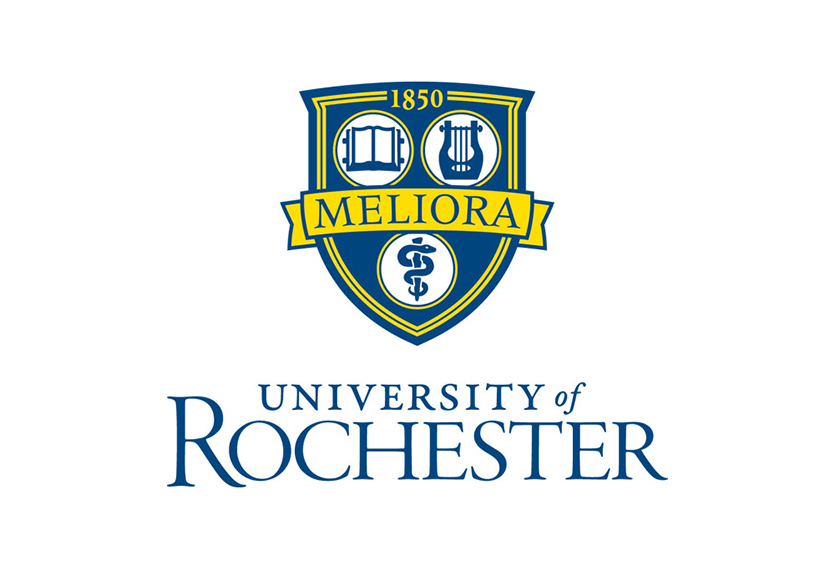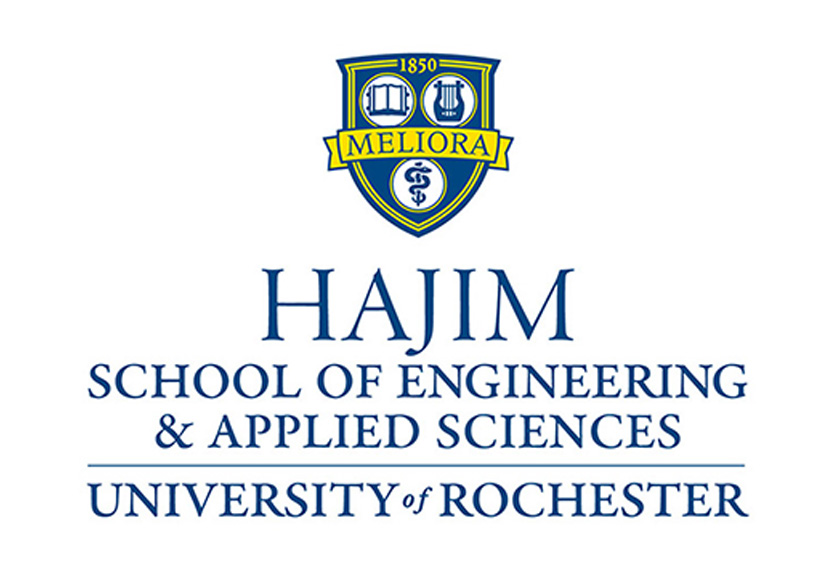
Three years into my Electrical & Computer Engineering bachelor’s, I knew I needed to start specializing. I didn’t have much of a direction, but an ECE background meant I had countless directions to pursue. I was always curious about UR’s optics program, and even though I didn’t think research was for me, I started getting excited about the field of electro-optics, and started looking for opportunities. The 2021 NSF Photonics REU through the Institute of Optics was exactly the right program at the right time, and as I looked into the professors involved, I realized the Cardenas lab stood out as exactly what I was looking for.
Integrated photonics is all about electrical integrated circuit platforms being used in creative and expansive ways, so as soon as I started work in the Cardenas group, I was hooked. Over the last 2 years I’ve explored many electrical engineering test setups and technical problems, and went from an industry-engineer-track research-skeptic to now pursuing a PhD for a full research career in photonics. Along the way professor Cardenas has been endlessly supportive, and cultivates a group environment where it’s easy to learn about the field with plenty of camaraderie.
The lab’s friendly environment helped propel me and my research skills to land an internship at MIT Lincoln Lab summer of 2022, where I was fortunate enough to win first place in their intern design competition. [I have been accepted to Columbia for my PhD, where I will be working with professor Keren Bergman on her Center for Ubiquitous Computing (CUbiC), and I couldn’t be more excited.] I wouldn’t be where I am today without the help of the entire Cardenas lab family, and for anyone considering research in integrated photonics, I can’t recommend it enough.



